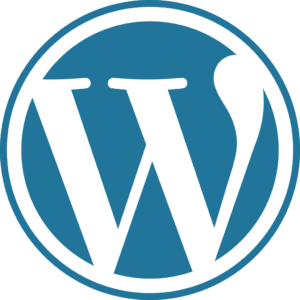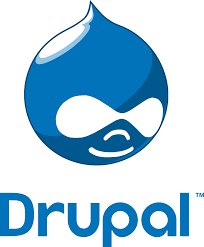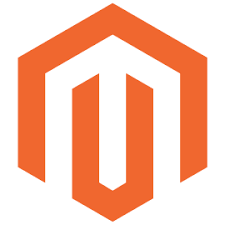In today’s digital age, having a strong online presence is crucial for businesses and individuals alike. Whether you’re building an informative website, an e-commerce site, or a corporate website, choosing the right platform for website development is a critical decision. There are several platforms available, each with its own strengths and weaknesses. In this blog, we’ll explore some of the best platforms for website development and help you make an informed choice.
1.WordPress:
- Ease of Use: WordPress is known for its user-friendly interface, making it an excellent choice for beginners. You don’t need to have coding skills to edit a website design page with WordPress.
- Customization: It offers a wide range of themes and plugins, allowing you to customize your website to suit your specific needs.
- Community Support: WordPress has a massive user community, which means you can find answers to almost any question you might have.
- SEO-Friendly: WordPress is inherently SEO-friendly, helping your website rank better on search engines.

2. Wix website:
- Drag-and-Drop Builder: Wix is famous for its intuitive drag-and-drop website builder, making it easy to create a visually appealing site.
- Templates: It offers a vast collection of templates for various industries, giving you a head start in design.
- App Market: Wix’s App Market allows you to add additional features and functionality to your website seamlessly.
- Mobile-Friendly: All Wix websites are mobile-responsive, ensuring a great user experience on smartphones and tablets.

2. Wix website:
- E-commerce Focus: Shopify is the go-to platform for online stores. It provides everything you need to set up and manage your e-commerce business.
- Security: Shopify takes care of security, including SSL certificates, ensuring safe transactions for your customers.
- Scalability: Whether you’re just starting or have a large inventory, Shopify can scale with your business.
- Payment Options: It supports a wide range of payment gateways, making it convenient for customers worldwide.

4. Drupal:
- Advanced Customization: Drupal is a powerful platform favored by developers for its flexibility and customization options.
- Security: It’s known for its robust security features, making it a top choice for government and enterprise websites.
- Scalability: Drupal can handle large and complex websites with ease.
- Community Support: While smaller than WordPress, the Drupal community is active and helpful.

5. Laravel:
- Robust PHP Framework: Laravel is a powerful and popular PHP framework known for its elegant syntax and developer-friendly features.
- Modular Development: It follows the MVC (Model-View-Controller) architecture, promoting clean and modular code development.
- Community Support: Laravel has a vibrant and active community that contributes to its growth and offers extensive documentation.
- Artisan CLI: Laravel includes a command-line tool called Artisan, which simplifies various development tasks.
- Integration: Laravel can be integrated with various front-end frameworks and libraries, making it versatile for web application development.

6. Magento:
- E-commerce Excellence: Magento is a leading e-commerce platform that specializes in creating robust online stores.
- Scalability: It’s known for handling large inventories and high-traffic e-commerce websites efficiently.
- Customization: Magento offers extensive customization options, allowing you to tailor your online store to your brand’s specific needs.
- SEO-Friendly: Magento provides built-in SEO features to help your e-commerce site rank well on search engines.
- Community and Enterprise Versions: Whether you’re a small business or an enterprise-level company, Magento has solutions for all.

The best platform for your website development depends on your specific needs and goals. Consider factors such as your technical expertise, the type of website you’re building, scalability requirements, and budget. It’s also worth exploring each platform to see which one aligns best with your vision. Ultimately, the right platform will empower you to create a website that stands out and achieves your objectives in the online world.
